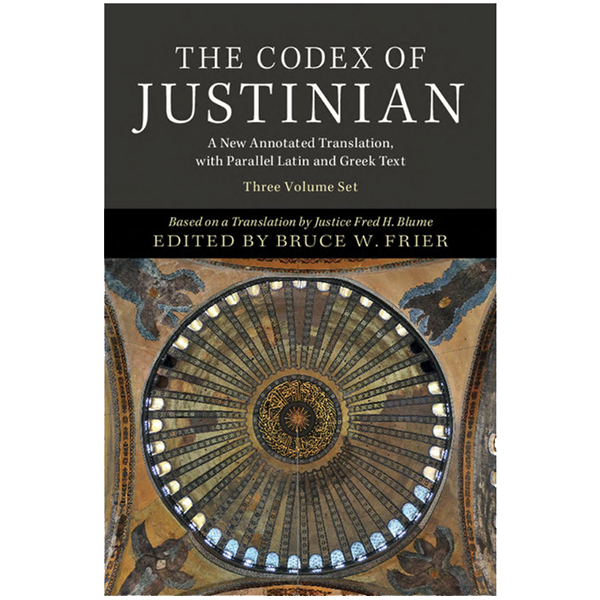Latin and Greek Frequently Asked Questions
Where do I go to find Greek and Latin at GVSU?
- Look for courses marked GRK, LAT, and CLA offered by the department of Classics.
Why should I study Latin or classical Greek?
- Studying Latin and classical Greek develops VERBAL AND ANALYTICAL SKILLS useful in managerial, executive, and professional careers.
"I never really thought I'd learn so much more about the English language from Greek, even though we were fairly warned at the beginning of the year. This class really has advanced my understanding of my other classes."
--Samantha Kramer, GRK 102 student, Winter 2010
(quoted with permission)
- There are no language labs for Latin or Greek.
- Read classics of world literature in the original language after only two semesters of basic language instruction:
- IN GREEK: works by Plato, Homer, Sappho (western literature's first female poet), Sophocles, Aeschylus, and Euripides; the Christian New Testament.
- IN LATIN: works by Virgil, Livy, Ovid, Horace, and St. Augustine; much of the literature of antiquity, the Middle Ages, and the Renaissance.
Who studies Latin and Greek?
- People who like the mythology, history, and culture of the ancient world.
- People who want to express themselves well. To know Latin and Greek is to know grammar, rhetoric, and analytical thinking - vital personal and professional skills.
- People who are thinking about graduate and professional school. Many graduate programs in the Humanities expect their students to know at least one classical language. Law schools, in particular, know that students who have succeeded in Classics have what it takes to succeed in demanding professional programs.
- People interested in Christian history and theology. Greek (the language of the New Testament) and Latin were world languages when Christianity became a world religion.
- People who want to stand out from the crowd. Latin and/or Greek creates a powerful impression on college transcripts.
Why Study Greek and Latin?
Career Opportunities

